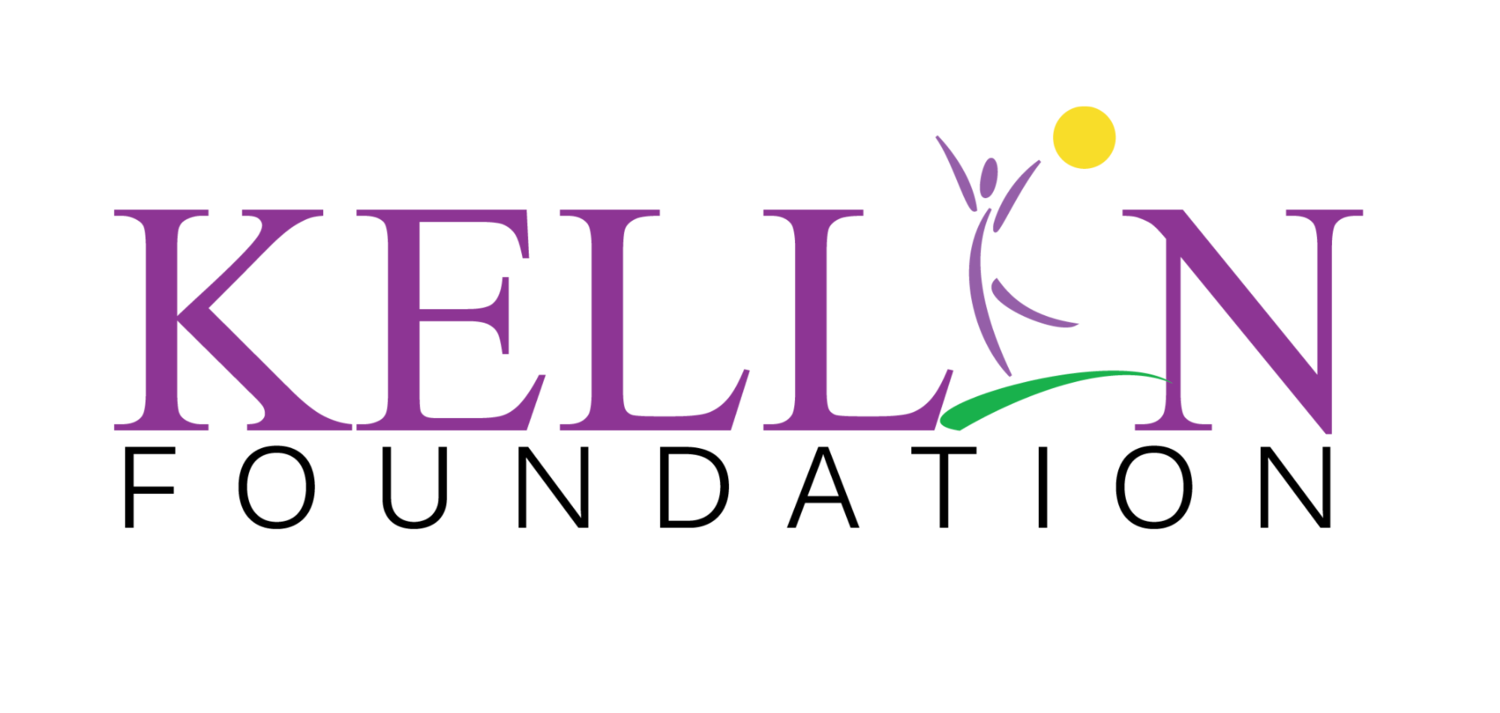Understanding the Economic and Societal Toll of Adverse Childhood Experiences (ACEs): A Call to Action for Prevention and Hope
Adverse Childhood Experiences (ACEs) cast a long shadow on adult health and well-being, shaping lives long after the events have passed. A recent study published in the Journal of the American Medical Association has unveiled a staggering economic burden carried by adults in the United States, estimated at $14.1 trillion annually.
These experiences often lead to harmful behaviors and health issues in adulthood, manifesting physically in chronic illnesses, disabilities, and shortened lifespans. The study aimed to quantify the economic consequences of ACE-related health conditions across the nation, revealing a stark reality: nearly two-thirds of American adults have faced at least one ACE in their lifetime. This statistic paints a vivid picture of widespread trauma ingrained in society.
The economic weight of ACEs is immense– with a loss of healthy life years valued at $13.9 trillion dollars annually. Costs per affected adult range from $1.3 million to $4.3 million over their lifetime. Notably, North Carolina bears a substantial share, with an annual cost of $552 billion attributed to ACE-related health conditions.
The societal impact is profound as well, with individuals burdened by ACEs struggling to contribute fully to the workforce and community, leading to productivity losses and increased healthcare spending. These numbers, depict a narrative of struggles, underscoring the importance of investing in preventive strategies.
Amidst these daunting statistics, there is hope. We know that ACEs are preventable, and by focusing on preventive strategies, we can significantly reduce their impact on individuals and society as a whole.
The CDC has identified key strategies that can prevent ACEs and mitigate their long-term effects:
Prioritizing funding focused on the prevention and treatment of ACES: Allocate resources that go upstream to address the root causes of ACES to prevent and treat the impact of ACES, including programs that allow access to needed supports and services such as counseling, wellness, tutoring, mentoring, parent support programs, and job placement programs.
Strengthen economic support to families: Enhancing household financial security and advocating for family-friendly work policies can reduce financial stress, creating a protective shield against ACEs.
Promote social norms that protect against violence and adversity: Through public education campaigns, legislative approaches to reduce corporal punishment, bystander approaches, and engaging men and boys as allies in prevention efforts, we can foster environments that discourage harmful behaviors.
Ensure a strong start for children: Early childhood home visitation programs, high-quality child care facilities, and preschool enrichment programs emphasizing family engagement are crucial in laying a solid foundation for children's well-being and resilience.
Teach essential skills: Initiatives focusing on social-emotional learning in schools, safe dating, and healthy relationship skill programs, along with parenting skills and family relationship approaches, empower individuals and families to navigate challenges effectively.
Connect youth to caring adults and activities: Mentorship programs and after-school programs play a pivotal role in providing support, guidance, and positive experiences for young individuals, fostering healthy relationships and a sense of belonging.
Intervene to lessen immediate and long-term harms: Enhanced primary care practices, victim-centered services, targeted treatments to reduce ACE-related harms, and family-centered treatment for substance use disorders are vital interventions to mitigate the impact of ACEs.
As we confront the stark realities produced by ACES, we're presented with an opportunity—a chance to rewrite narratives, invest in brighter futures, and build a society where ACEs are not destinies but challenges to overcome. It's imperative that we prioritize preventive strategies and interventions aimed at creating safe, nurturing environments for children and families. By doing so, we not only alleviate the economic strain but also unlock human potential, foster resilience, and pave the way for a brighter future free from the shadows of early adversity. Together, we can turn this daunting reality into a catalyst for positive change and collective well-being.

